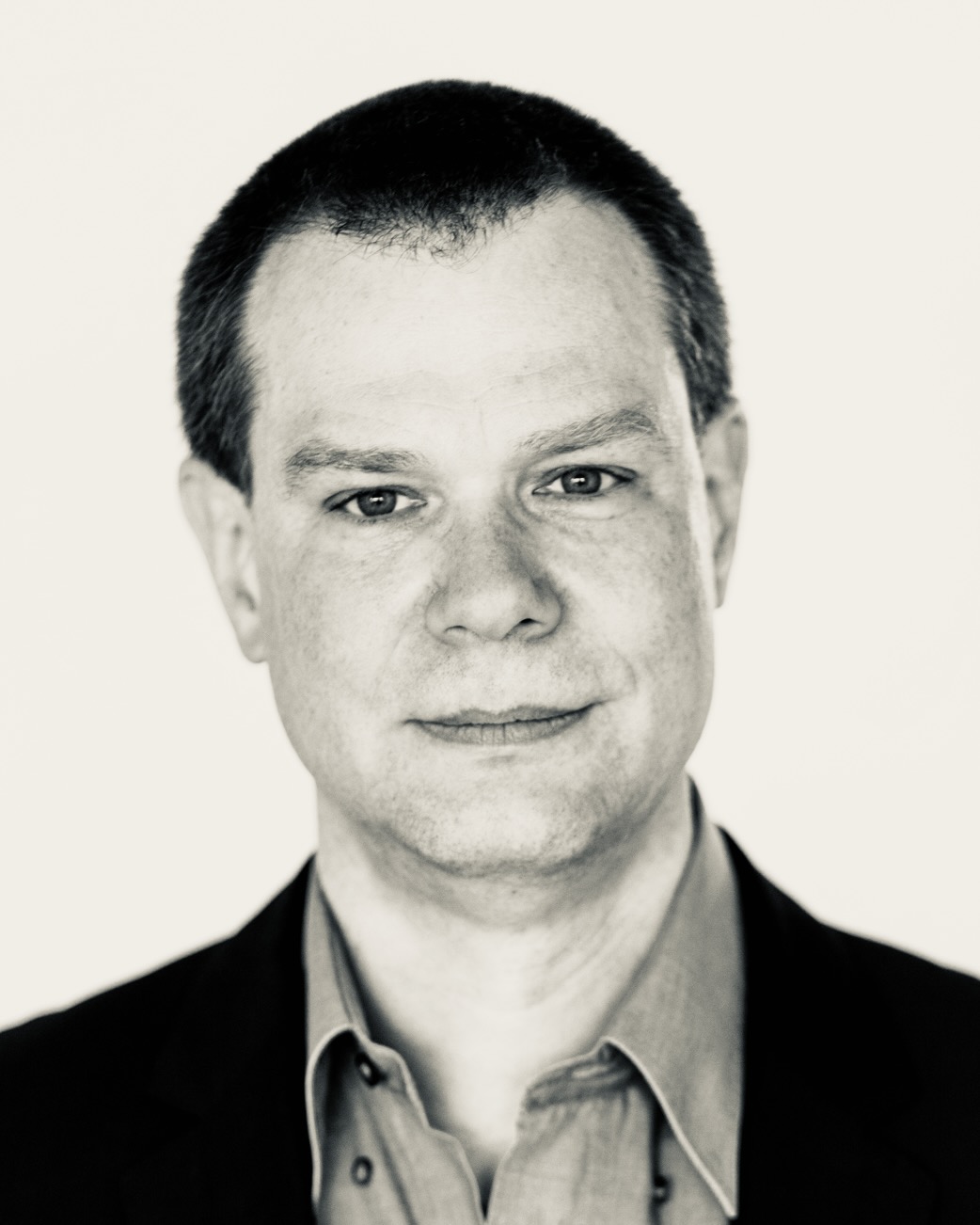
Prof. Dr. Martin Nonhoff
As Professor of Political Theory at the University of Bremen, I currently have four research foci: Against the background of a broad interest in critical social and political theory, the first of these foci is radical democratic theory. I argue that radical democratic theory’s main thrust must be situated critique of domination, focussing on resistance against negations of equality. Therefore, secondly, my interest in radical democratic theory is connected with an interest in protest movements, particularly in the square movements of the early 2010s and in postcolonial protest movements. Thirdly, I do research in the field of theories of power and hegemony. Fourthly, I have continuously worked in political discourse analysis in the last years, with a specific attention to methodology.
Within the research field of Contradiction Studies, I am particularly interested in tensions that exist between concrete practices of government and concrete practices of freedom/resistance (J. Tully) as I see in them a key starting point for an empirically informed theory of radical democracy. Beyond that, I am generally interested in tensions that result from demands for consistency on the one side and the political necessity to cope with stubbornly persisting contradictions on the other side—and I hope that our Research Training Group will generate interesting research in that regard!
I look forward to supervising dissertations that can connect to radical democratic theory and/or to the study of political movements; they can focus on the present or work genealogically/historically; I am also experienced in supervising dissertations that use discourse analysis as their method. In the Research Training Group you can contact me whenever questions of social and/or political theory or of theories of contradiction in general crop up. Last not least I am committed to turning our Research Group at the same time into a challenging intellectual place and a place for socializing and fun!